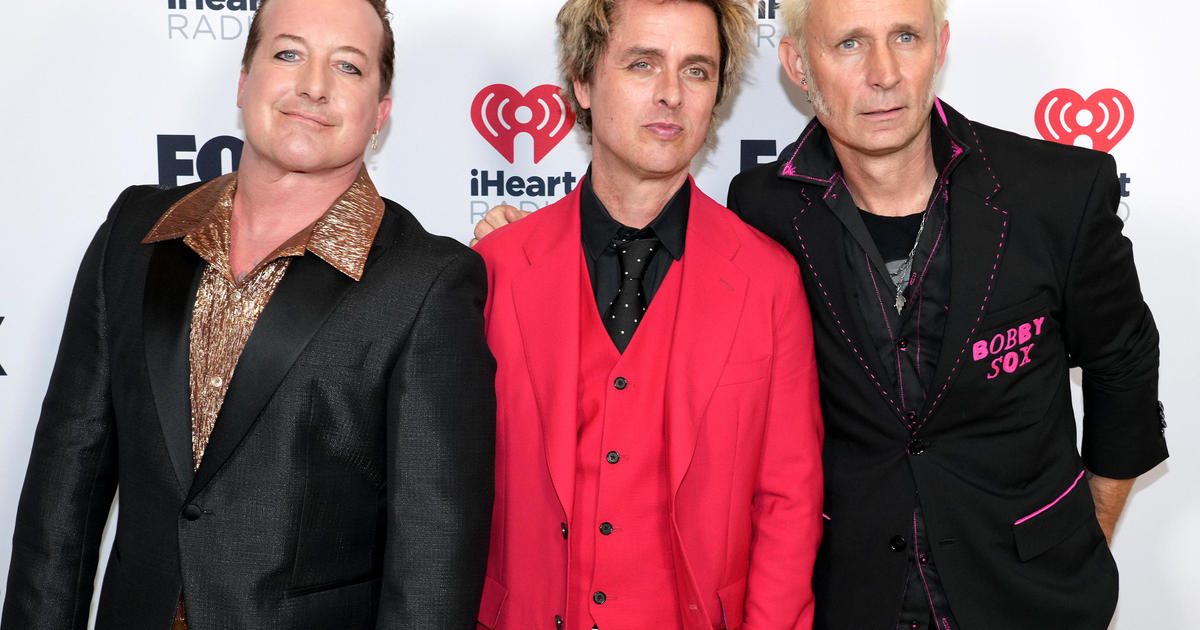More Not Always Better With Fertility Treatments
LOS ANGELES (AP) — More tries aren't necessarily better when it comes to in vitro fertilization.
New research found that about 1 in 3 women had a baby the first time they tried a test tube embryo, and that improved to nearly 1 in 2 with a second try.
However, undergoing a third cycle boosted success rates very little and leveled off with subsequent attempts.
"Don't quit if the first cycle isn't successful. Your chances go up with the second cycle," said lead researcher Barbara Luke of Michigan State University. But "if you haven't gotten pregnant by the third, the chances are slim to continue."
In vitro fertilization involves mixing egg and sperm in a laboratory dish. The resulting embryo is then transferred into the womb to grow into a baby. Earlier this month, British researcher Robert Edwards won the medicine Nobel Prize for pioneering the technique that has led to 4 million test tube babies.
Infertility treatment is expensive. The average cost for an IVF cycle is about $12,400, according to the American Society of Reproductive Medicine. Some insurance companies cover it.
Desperate couples often try over and over to conceive, and there are no ethics standards on when doctors should stop helping them try. Fertility clinics report success rates based on the number of cycles attempted, but that doesn't indicate how likely an individual woman is to get pregnant with each IVF cycle she undergoes.
The new study is the first to examine that nationally. It looked at in vitro procedures around the country between 2004 and 2008. Researchers were able to match IVF procedures to individuals based on their date of birth, Social Security and other information. This is important because this gives doctors and couples a better sense of how likely an IVF treatment is going to result in a baby.
Over the five-year period, some 300,000 women had more than half a million IVF cycles that resulted in 171,327 first-time deliveries. The live birth rate was 36 percent on the first IVF try, 48 percent with a second cycle and 53 percent with a third attempt.
Among those who tried seven or more times, the chance of success was 56 percent -- hardly any better than the 53 percent after three tries.
The findings show "diminishing returns" after three IVF cycles, said lead researcher Luke. "The results are not going to be much better."
That doesn't necessarily mean women should give up, she said. There are other options including using donor eggs or a surrogate mother.
The study, presented Wednesday at a reproductive medicine meeting in Denver, did not look at success rates based on age or other factors that may influence the outcome. Luke said future studies will examine those other issues.
Advocates who help infertile couples say this will help them in their decision-making.
After repeated futile treatments, couples can use the data to keep on trying or consider other options such as adoption, said Barbara Collura, executive director of the nonprofit Resolve: The National Infertility Association.
(© Copyright 2010 The Associated Press. All Rights Reserved. This material may not be published, broadcast, rewritten or redistributed.)



